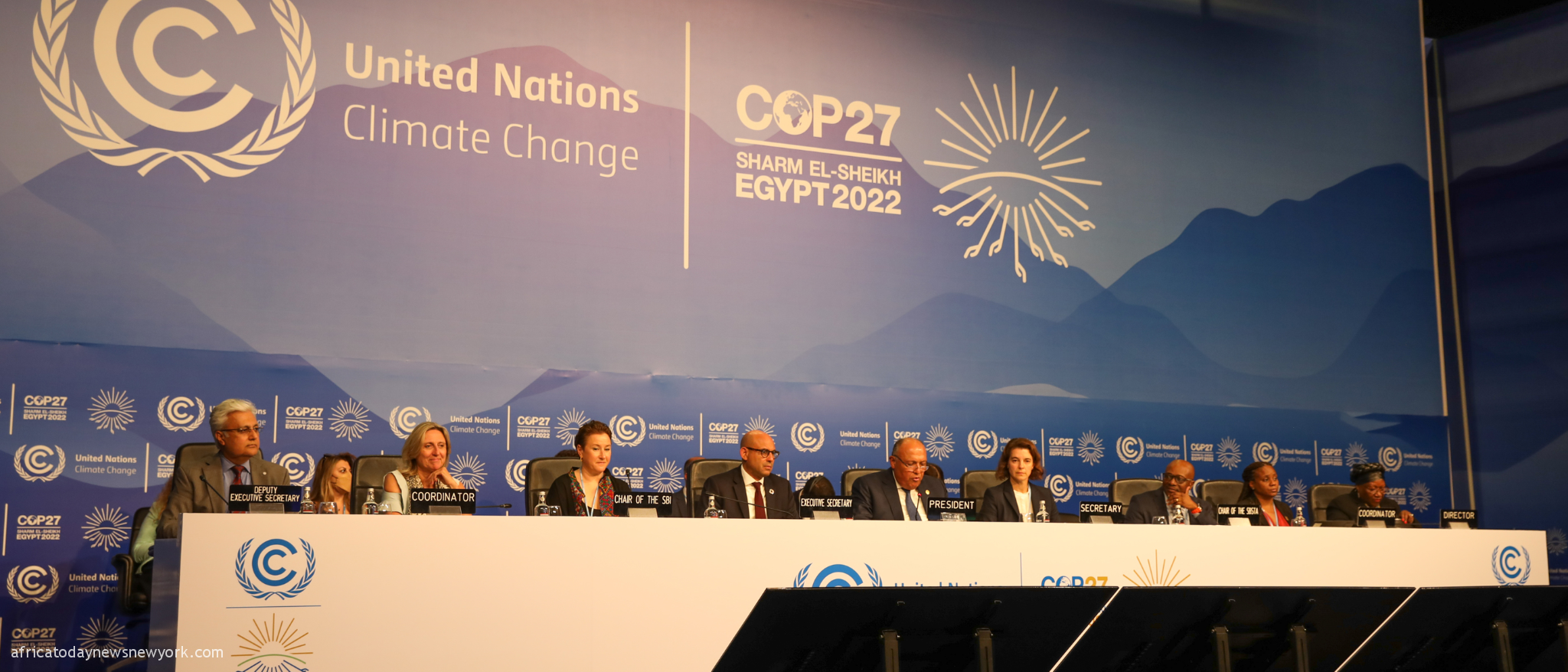Since 6th November 2022, climate enthusiasts/activists, environmentalists, and world leaders from 198 nations of the world, converged in Sharm El Sheikh, Egypt for the United Nations Climate Change Conference, more commonly referred to as Conference of the Parties of the UNFCCC, or COP27. While this is the 27th United Nations Climate Change Conference, it is the 30th anniversary of the adoption of the United Nations Framework Convention on Climate Change (UNFCCC).
Although the conference is only a week in, with about a week to go, there are already some very interesting conversations going on. However, if you could not get on the plane and fly to Egypt, should you miss out on the important conversations going on at the conference? Definitely not, because climate change concerns you and your well-being. Hence, I thought to bring you some of the highlights of the conference. Let’s get right into it.
Sherry Rehman, Climate Minister of Pakistan, is demanding climate aid to help the country recover from the $30 billion losses incurred during the devastating floods earlier this year. According to a report by Reuters. The minister said, “Pakistan will not be satisfied unless U.N. climate summit negotiators unlock emergency cash for the country to rebuild after this year’s devastating floods”. She called on stakeholders and climate negotiators to speed up the disbursement of resources to help countries in climatic change emergency situations get back on their feet else the “political advances” at the conference will be of little significance.
Read Also: Climate Change: Nigeria At ‘Extremely High Risk’ – UNICEF
Also, participants from Nigeria and other African countries are lamenting the accommodation cost in Sharm El Sheikh, Egypt, which is reported to have increased by 400% compared to former pricing before the conference. Some journalists and activists in attendance have resorted to shared housing while also considering leaving the conference before it ends on 18th November. Is this under the auspices of the organizers to moderate the pricing of these essentials as delegates from over 198 countries gather to discuss something as essential as climate change? Perhaps, the next host country needs to address this situation before COP the next in 2023. Increasing demands is definitely the culprit but nationals need to be aware that winning the fight against climate change is more important than the extra bucks.
Another interesting conversation on climate funding was sparked by the suggestions of Gaston Browne, Prime Minister of Antigua and Barbuda earlier on Tuesday. Hindustan Times reports that according the prime minister, contribution to the Loss and Damage Compensation Fund should not be left for only the developed countries. Referencing China and India (2 emerging economies with high pollution cases), he suggested that countries with emerging economies be required to contribute to this fund. I think there should be a thing as climate responsibility where everyone is making a financial commitment towards offsetting the impact of climate change at their level. However, this does not seem to sit well with nationals of such countries.
Furthermore, it has also been reported that U.N. experts collated and published a list of climate action projects that interested investors could support to better position poorer countries to reduce their emission and raise their climate change adaptability. These projects are worth $120 billion and tens of them are to be carried out in Lesotho, Mauritius, Botswana, and about 19 African countries. According to Mahmoud Mohieldin, one of the U.N. expert representatives, “We now need a creative collaboration between project developers and public, private and concessionary finance, to unlock this investment potential…” If investors are responsive enough, this would result in a $10 million improved public water system in Mauritius, a $3 billion water transfer project between Lesotho and Botswana, and long list of other great projects.
I am optimistic that we can and we will win the fight against climate change, if we stay aware and lead more eco-friendly lifestyles.
Ehi-kowoicho Ogwiji is a storyteller and natural scientist who is given to advocacy for a science-literate Africa. Ehi-kowoicho aspires to be a renowned science communicator and STEM thought leader in Africa and beyond. She writes from Abuja, Nigeria. Connect with her on social media @ogwijiehi or email her at ehikowoicho.ogwiji@gmail.com

